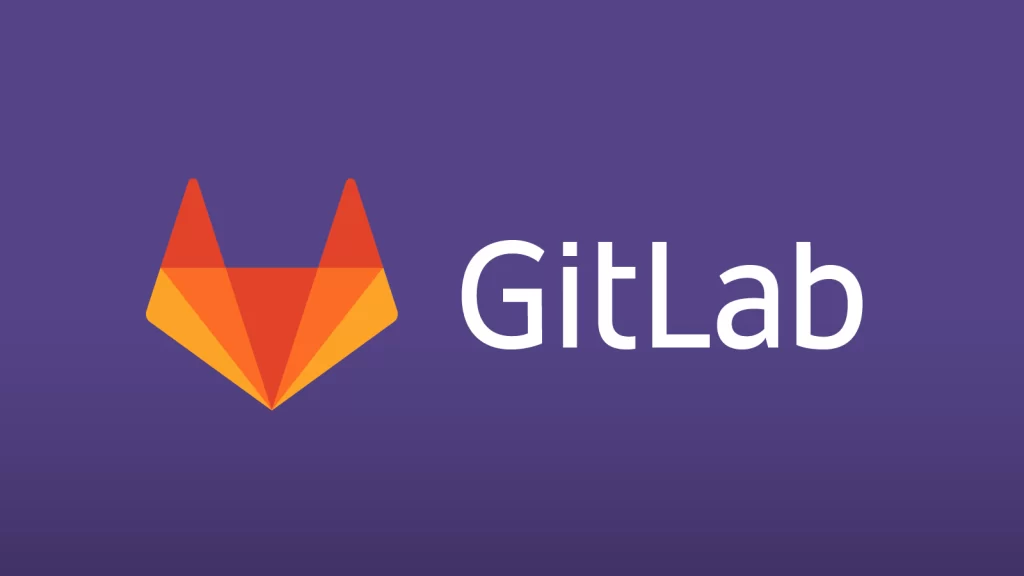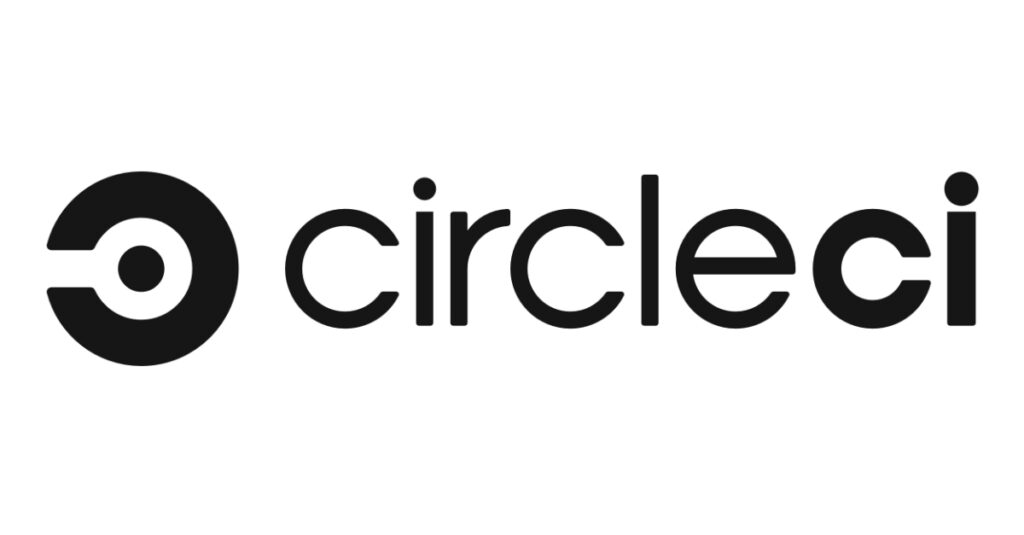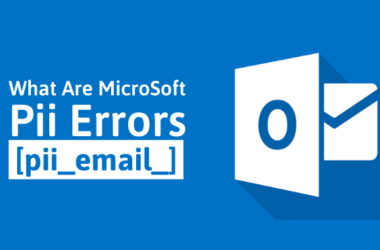In the fast-paced world of software development, continuous integration and continuous delivery (CI/CD) has become crucial for achieving efficient and reliable workflows. Teams are constantly seeking ways to optimize their development pipelines to deliver high-quality code quickly and consistently. While Jenkins has been a popular choice for automating CI/CD processes, there are now several modern and user-friendly alternatives that offer compelling features and solutions to overcome some of Jenkins’ limitations. In this article, we will dive into the need for Jenkins alternatives and introduce nine top contenders that can elevate your development pipeline to new heights.
Features of Jenkins

As an open-source automation server, Jenkins has been a go-to choice for developers and DevOps teams seeking automation in their CI/CD processes. Its feature-rich environment includes extensive plugin support, offering developers the flexibility to customize their workflows with various plugins to cater to specific project requirements. Jenkins also boasts seamless integration with popular version control systems and build tools, enabling teams to adapt it to their existing tech stack easily. The ability to define complex build pipelines allows for the automation of various stages, such as building, testing, and deploying, streamlining the software delivery process.
Moreover, Jenkins has a vibrant community that provides continuous updates, support, and knowledge sharing, making it a reliable and well-supported option. The open-source nature of Jenkins has contributed to its widespread adoption, especially among small to medium-sized projects and open-source initiatives.
Limitations of Jenkins

However, Jenkins does have its limitations. Setting up and managing Jenkins instances can be overwhelming, particularly for newcomers, leading to a steep learning curve. The maintenance overhead, including plugin updates and security patches, can become a time-consuming task for DevOps teams. Furthermore, the user interface of Jenkins is often considered outdated and less user-friendly compared to newer alternatives, which may pose challenges for teams seeking more intuitive platforms. Additionally, Jenkins may face performance issues and scalability challenges with larger projects and teams, especially when dealing with a high volume of builds.
Introducing the Top Jenkins Alternatives

1. CircleCI: Fast and Efficient CI/CD for Agile Teams
CircleCI is a cloud-based CI/CD platform that emphasizes speed and efficiency. Its seamless integration with popular version control systems and fast build times make it a preferred choice for agile development teams. CircleCI offers an intuitive user interface and straightforward setup, enabling teams to get up and running quickly. With its support for parallel workflows, CircleCI can handle complex builds efficiently, allowing developers to deliver code changes rapidly and reliably. The platform also offers powerful caching mechanisms, reducing build times and providing consistent results.
2. GitLab CI/CD: Unified DevOps Ecosystem
GitLab CI/CD is an integral part of the comprehensive GitLab DevOps platform. It provides a unified ecosystem for version control, CI/CD pipelines, code review, issue tracking, and more. With GitLab CI/CD, teams can manage their entire software development lifecycle within a single platform, streamlining collaboration and enhancing productivity. Its easy-to-use YAML-based configuration enables developers to define complex workflows and leverage parallel processing for faster builds. GitLab CI/CD also supports Kubernetes, making it an excellent choice for deploying containerized applications.
3. Travis CI: Simple CI/CD for Open Source Projects
Travis CI is a popular choice, especially for open-source projects. It offers a straightforward setup and integration with GitHub, allowing for seamless builds triggered by code commits. Travis CI supports various programming languages and offers customizable build environments, making it versatile for different project needs. Its user-friendly interface and clear documentation make it an accessible choice for developers of all levels of experience.
4. Bamboo: Enterprise-Grade CI/CD from Atlassian
Bamboo, developed by Atlassian, is designed to meet the needs of larger projects and enterprise environments. With its scalable architecture and support for distributed builds, Bamboo can efficiently handle complex build configurations and large development teams. Its seamless integration with other Atlassian products, such as Jira and Bitbucket, provides a comprehensive DevOps solution for organizations already invested in the Atlassian ecosystem. Bamboo also offers pre-built Docker containers for build agents, simplifying setup and configuration.
5. Azure DevOps: End-to-End CI/CD by Microsoft
Azure DevOps, formerly known as Visual Studio Team Services (VSTS), offers a comprehensive platform covering the entire software development lifecycle. Its CI/CD component automates builds, tests, and deployments, with seamless integration with Azure cloud services and other popular development tools. Azure DevOps provides a user-friendly interface with drag-and-drop pipeline creation, making it easy for teams to get started. Its scalability and flexibility accommodate both small teams and large enterprise projects.
6. Codeship: Simple and Powerful CI/CD
Codeship is a cloud-based CI/CD platform that prioritizes simplicity and ease of use. It offers straightforward setup and integration with various tools, making it a user-friendly choice for small to medium-sized projects. Codeship supports parallel test execution, accelerating the feedback loop, and integrates with popular version control systems and container registries.
7. Drone: Open-Source CI/CD with Docker Support
The drone is an open-source CI/CD platform that focuses on supporting containerized applications. It offers a flexible and customizable CI/CD solution, allowing developers to create tailored pipelines using YAML configuration. Drone supports a wide range of plugins and has built-in integration with Docker, enabling easy deployment of containerized applications.
8. GoCD: Advanced CI/CD for Complex Deployments
GoCD is an open-source CI/CD tool ideal for projects with intricate deployment requirements. Its advanced pipeline modeling capabilities enable teams to define complex workflows and manage sophisticated deployments effectively. GoCD’s dependency management feature allows developers to control the order of their builds, ensuring seamless integration between different stages of the CI/CD process.
9. TeamCity: Robust CI/CD by JetBrains
TeamCity, developed by JetBrains, is a powerful CI/CD server offering extensive build configurations and customization options. It supports various build runners, including Docker, and allows teams to define complex build pipelines with ease. TeamCity provides detailed build logs, facilitates effective troubleshooting, and integrates with popular version control systems and build tools.
Conclusion
As CI/CD practices continue to evolve, the need for robust and efficient tools becomes paramount for software development teams. While Jenkins has been a longstanding leader in the CI/CD space, the emergence of modern alternatives has opened up new possibilities for streamlined and scalable workflows.
When selecting a Jenkins alternative, consider the specific needs of your projects, the size of your team, and the level of automation required. Each of the nine alternatives discussed here offers unique features and capabilities, catering to different use cases and project sizes.
As you explore these alternatives, remember that the right CI/CD solution can significantly impact your development process’s efficiency, collaboration, and overall success. Choose the solution that best aligns with your team’s requirements, and leverage the power of modern CI/CD tools to propel your software delivery to new heights.
Embrace the future of software development with the best CI/CD solution for your team!









